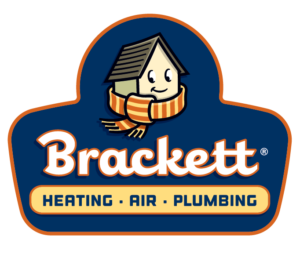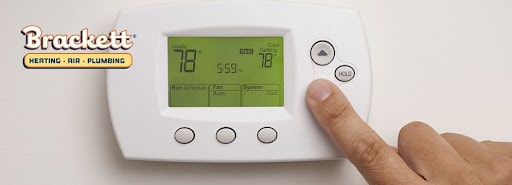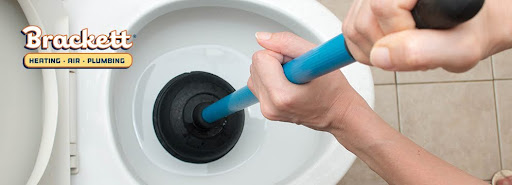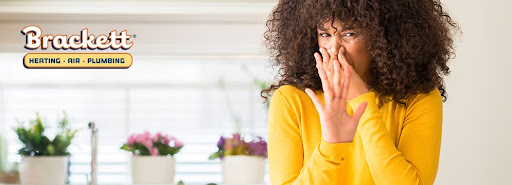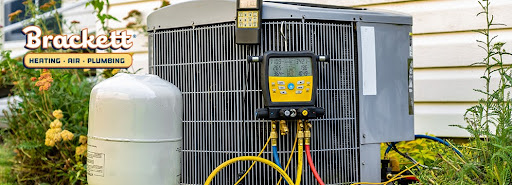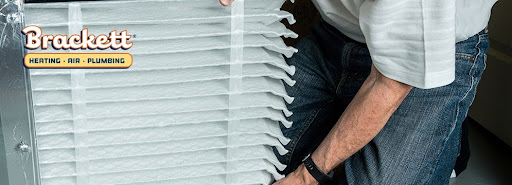Do you remember the last time you changed your HVAC’s air filter? If you’re struggling to recall, that means it’s time to change it.
Spring is the perfect time to complete this task. If you’re already prepping for spring cleaning, this is just another task to add to your list. While this may seem like a daunting chore, we’re going to walk you through everything you should know before you check it off of your to-do list. By the end of this article, you’ll be wondering why you didn’t do it sooner!
The Importance of Changing Your Air Filter
Regularly changing your air filter is one of the best things you can do to help maintain your HVAC system. Keeping on top of this task allows your system to function efficiently without overworking itself, which can help extend its life.
Additionally, changing your air filter can help protect your and your family’s health. Your air filter’s main job is to catch pollutants like dust, pollen, and other debris and stop them from recirculating throughout your home; thus, preventing you from breathing in all of those pollutants.
How Often You Should Change Your Air Filter
So what does “regularly” changing your air filter look like? This depends on a few factors in your home. In general, we recommend changing your MERV 11 or MERV 16 filter once a year. However, if you have pets or someone smokes in your home, you could potentially need to change it every six months. If you are unsure if yours needs to be changed more frequently, let our service professionals check it out at each cleaning and they can give you their professional opinion on how often it should be changed.
The Different Types of Air Filters
We recommend purchasing your air filter as part of your yearly maintenance. When you join our Comfort Club and get two annual maintenance calls per year (one for your heating system and one for your cooling system), our service professionals will know when it is time to bring your filter. All you have to do is sit back and wait for our call to schedule the appointment.
When purchasing an air filter, you may notice there is a “MERV” rating (Minimum Efficiency Reporting Value). This rating is on a scale from one to twenty. Keep in mind that a higher MERV rating isn’t always better. You can check if your HVAC unit has a maximum MERV rating in your owner’s manual.
Below we discuss some common air filters for HVAC systems and their MERV ratings.
Fiberglass Filters
These disposable filters are a budget-friendly option, but it’s important to note that their performance isn’t the best. They have a low MERV rating, meaning that they are not highly effective at blocking small particles, like dust, from getting into your system. Additionally, these filters need to be replaced more frequently than other options.
Pleated Filters
These filters use materials like cotton and polyester for filtration. The pleated design has more surface area, allowing it to trap more particles. This option is more expensive than fiberglass, but it is also more efficient and has a longer life. The MERV rating is in the middle which makes it a good option for an average home.
Reusable Air Filters
If you’re an environmentally conscious individual, this might be the best option for you. These types of filters can be washed, dried, and reused time and time again. This option is a great way to reduce your waste and cost. However, they tend to have a low MERV rating and are not highly effective at filtering. Keep in mind that you will need to wash these several times a year to ensure it performs properly.
HEPA Filters
HEPA (High-Efficiency Particulate Air) filters are exceptional options for individuals with allergies or respiratory issues. While these filters tend to lie on the expensive end, they are highly effective at blocking pollutants and airborne particles. The high MERV rating allows it to trap small microns like tobacco smoke. If you choose this option, be mindful that high a MERV rating may be more strenuous on your HVAC system, making it more difficult for your system to pull in air.
If you have a question about MERV ratings and how they can affect your HVAC system, please give us a call.
How to Install an Air Filter
Changing an air filter is a relatively simple task. It can be broken down into 6 easy steps!
Step One: Turn off your HVAC unit
Step Two: Unhook the panel cover
Step Three: Remove the old filter
Step Four: Insert the new filter in the same spot as the original filter
Step Five: Place the panel cover back in its original position and close the latch
Step Six: Turn your HVAC unit back on
Yes, it’s that simple! After reviewing these helpful tips, you should be able to choose a filter and replace it with ease. However, if you run into an issue or a situation you’re uncomfortable with, you can always call Brackett Heating, Air & Plumbing! You can count on our expert technicians to help answer your questions and deal with your concerns.
